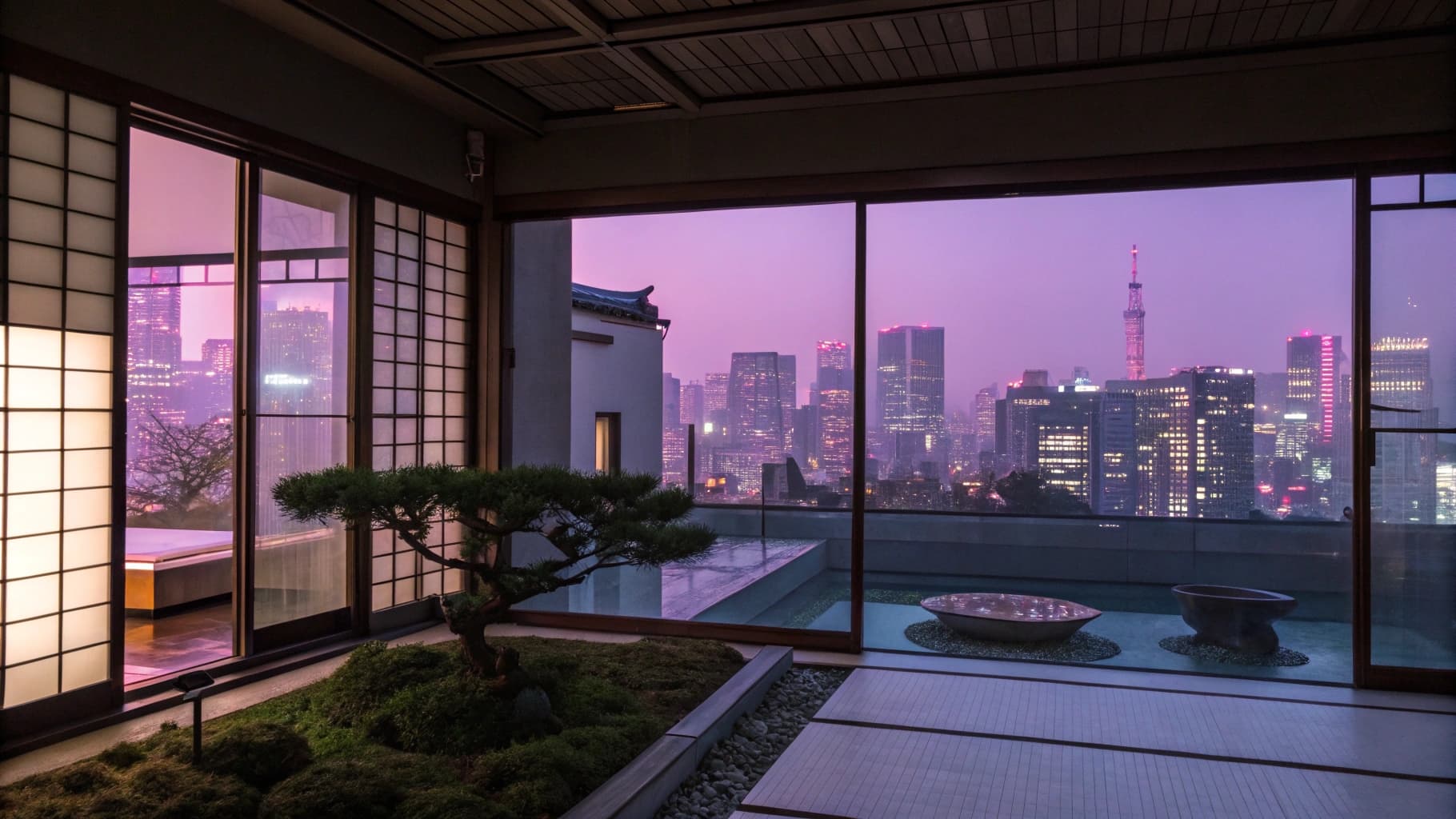When I think about the importance of location in real estate, it becomes clear that it is one of the most critical factors influencing demand. A prime location can significantly enhance the desirability of a property, making it a hot commodity in the market. For instance, properties situated near urban centers, with easy access to public transportation, shopping districts, and recreational areas, tend to attract a higher number of potential buyers.
I have observed that neighborhoods with a vibrant community atmosphere and excellent schools often see a surge in demand, as families prioritize these aspects when choosing where to live. Moreover, the demand for properties in certain locations can fluctuate based on various external factors. Economic growth in a region can lead to an influx of new residents seeking housing, which in turn drives up property values.
Conversely, areas experiencing economic downturns may see a decline in demand, leading to lower prices and longer selling times. I find it fascinating how the dynamics of supply and demand can shift so rapidly, influenced by factors such as job opportunities, infrastructure development, and even cultural trends. Understanding these nuances helps me appreciate the complexities of the real estate market.
Luxury Amenities and Features
In my experience, luxury amenities and features can make or break a property’s appeal. When I walk into a home that boasts high-end finishes, state-of-the-art appliances, and thoughtful design elements, I can immediately sense the value it brings. Features such as gourmet kitchens with granite countertops, spa-like bathrooms with soaking tubs, and expansive outdoor living spaces elevate the overall experience of living in a property.
These amenities not only enhance comfort but also create an atmosphere of sophistication that many buyers are willing to pay a premium for. Additionally, I have noticed that luxury properties often come with exclusive amenities that cater to a lifestyle of convenience and leisure. For instance, properties with access to private pools, fitness centers, and concierge services provide residents with an unparalleled living experience.
I find that these features not only attract affluent buyers but also foster a sense of community among residents who share similar lifestyles. The allure of luxury amenities is undeniable; they transform a house into a home where one can truly indulge in the finer things in life.
Size and Floor Plan
The size and floor plan of a property play a pivotal role in its functionality and appeal. Personally, I appreciate open-concept designs that maximize space and create a seamless flow between living areas. A well-thought-out floor plan can significantly enhance the livability of a home, allowing for easy movement and interaction among family members or guests.
I often find myself drawn to properties that offer spacious living rooms, ample storage solutions, and well-defined yet interconnected spaces that cater to both relaxation and entertainment. Furthermore, the size of a property can influence its marketability. Larger homes tend to attract families looking for room to grow, while smaller properties may appeal to young professionals or retirees seeking low-maintenance living.
I have seen how the right balance between size and layout can make a property stand out in a competitive market. Ultimately, the floor plan should align with the lifestyle needs of potential buyers, ensuring that every square foot is utilized effectively.
Views and Surroundings
One cannot underestimate the impact of views and surroundings on a property’s desirability. In my experience, homes with breathtaking vistas—whether they overlook mountains, oceans, or city skylines—tend to command higher prices and attract more interest from buyers. The emotional connection that comes from waking up to stunning views or enjoying sunsets from a private balcony cannot be overstated.
I often find myself captivated by properties that offer such natural beauty, as they provide an ever-changing backdrop to daily life. Additionally, the surrounding environment plays a crucial role in shaping the overall living experience. Proximity to parks, nature trails, and cultural attractions can enhance one’s quality of life significantly.
I have noticed that properties located in vibrant neighborhoods with access to restaurants, shops, and entertainment options tend to be more appealing to buyers who value convenience and lifestyle. The combination of picturesque views and engaging surroundings creates an inviting atmosphere that many people aspire to call home.
Market Trends and Economic Factors
Understanding market trends and economic factors is essential for anyone involved in real estate. I have learned that fluctuations in interest rates, employment rates, and overall economic health can greatly influence buyer behavior and property values. For instance, when interest rates are low, more people are inclined to purchase homes due to lower borrowing costs.
Conversely, during economic downturns or periods of uncertainty, potential buyers may hesitate to make significant financial commitments. Moreover, I find it intriguing how local market trends can vary widely from one region to another. In some areas, there may be a surge in demand for luxury properties due to an influx of high-income residents, while other regions may experience stagnation or decline.
Keeping abreast of these trends allows me to make informed decisions about buying or selling properties at the right time. It’s essential to analyze data such as average days on the market, price per square foot, and inventory levels to gain insights into the current state of the market.
Customization and Personalization
Customization Enhances Appeal
The ability to customize certain aspects of a property—such as finishes, layouts, or landscaping—can significantly enhance its appeal. When buyers feel they have a say in how their home is designed or renovated, they are more likely to invest emotionally and financially in the property.
Personalization Goes Beyond Aesthetics
Personalization extends beyond mere aesthetics; it encompasses creating spaces that cater to individual needs. For example, families may desire additional bedrooms or play areas for children, while professionals might prioritize home offices or dedicated workout spaces.
Fostering a Sense of Ownership
I believe that properties offering opportunities for customization not only attract more buyers but also foster a sense of ownership and pride among residents. This trend highlights the importance of flexibility in design and the growing desire for homes that truly feel like personal sanctuaries.
Brand and Reputation of the Developer
The brand and reputation of a developer can significantly influence my perception of a property. In my experience, established developers with a track record of quality construction and customer satisfaction tend to instill confidence in potential buyers. When I see properties developed by reputable companies known for their attention to detail and commitment to excellence, I am more inclined to view them favorably.
A strong brand reputation often translates into higher demand and resale value. Moreover, I have noticed that buyers are increasingly researching developers before making purchasing decisions. They seek out reviews, testimonials, and past projects to gauge the reliability and quality of construction.
This trend underscores the importance of transparency and accountability within the industry. As someone who values quality craftsmanship and ethical business practices, I appreciate when developers prioritize these aspects in their projects.
Comparisons to Similar Properties
When evaluating a property’s worth or appeal, I often find it helpful to compare it to similar properties in the area. This comparative analysis allows me to understand how a particular home stacks up against its competition regarding price, features, and overall desirability. For instance, if I am considering purchasing a luxury condo in a bustling urban area, I will look at other condos with similar amenities and square footage to determine if the asking price is justified.
Additionally, comparing properties helps me identify unique selling points that may set one home apart from another. Perhaps one property has superior views or more extensive outdoor space than its neighbors; these factors can significantly influence buyer interest and market value. By conducting thorough comparisons, I can make informed decisions about pricing strategies when selling or negotiating offers when buying.
Ultimately, understanding how properties relate to one another within the market landscape is crucial for navigating real estate successfully. In conclusion, my journey through the world of real estate has taught me that various factors contribute to a property’s appeal and value. From location and luxury amenities to market trends and developer reputation, each element plays a vital role in shaping buyer perceptions and decisions.
By considering these aspects holistically, I can better navigate this dynamic industry while helping others find their dream homes or investment opportunities.
FAQs
What factors do developers consider when pricing penthouses around the world?
Developers consider factors such as location, size, amenities, views, and the local real estate market when pricing penthouses.
How do developers determine the price of a penthouse?
Developers typically hire appraisers and market analysts to determine the price of a penthouse based on comparable sales, market trends, and the unique features of the property.
What are some common amenities found in luxury penthouses?
Common amenities found in luxury penthouses include private elevators, rooftop terraces, swimming pools, home automation systems, and high-end finishes and appliances.
How do penthouse prices vary around the world?
Penthouse prices vary around the world based on factors such as the desirability of the location, the local economy, and the level of luxury and exclusivity offered by the property.
Are penthouses a good investment?
Penthouses can be a good investment due to their exclusivity, high demand from affluent buyers, and potential for appreciation in value over time. However, market conditions and location play a significant role in the investment potential.

